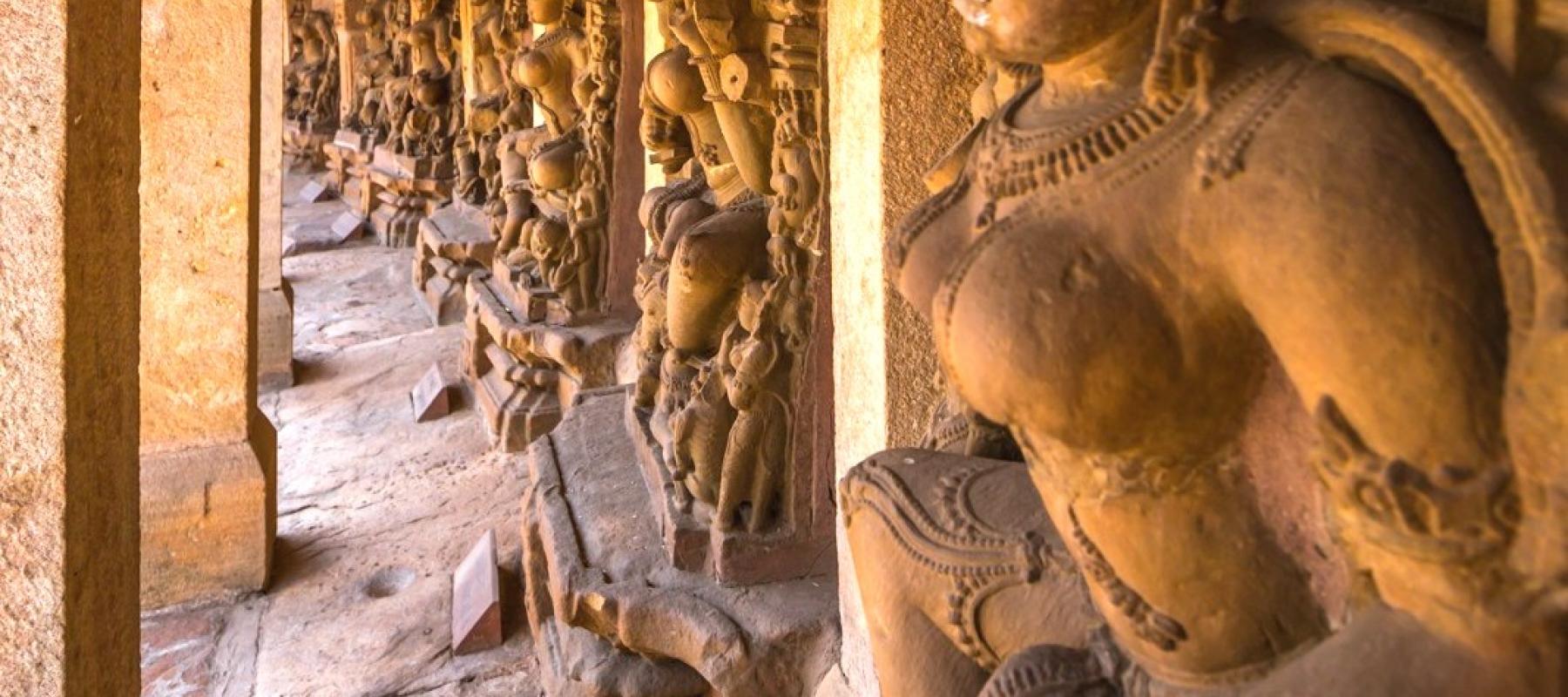Immediately above the confluence of the Narmada and Bawanganga, rises a small circular hill. On top of this hill is the ancient temple of the extinct cult of Chausath Yogini, constructed in the tenth century during the reign of the Kalchuri Dynasty. Topographically located at the highest point of its surroundings, the position of this temple is unique and commanding. The temple is the abode of Goddess Durga, along with 64 yoginis or shaktis who are considered different forms of the goddess.
We will begin the walk by contextualising the geographical location of the temple. The walk will focus on understanding the history, art, and architecture of the temple, the sculptures of the yoginis and the other archaeological remains present on the premises.
Once we are done with our walk, we will have a sketching/painting session, where participants can sit and sketch either the built or the natural heritage of the area. The selected entries will be published online!
The guided tour is free


